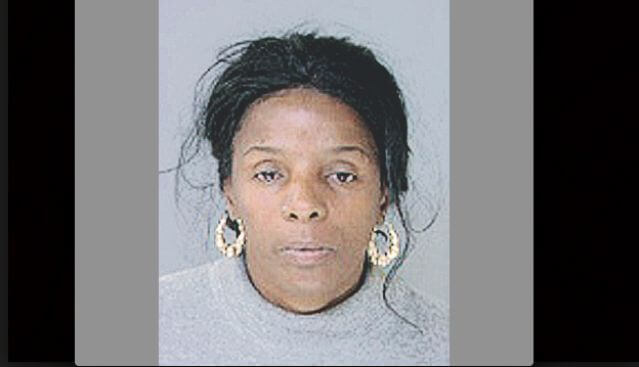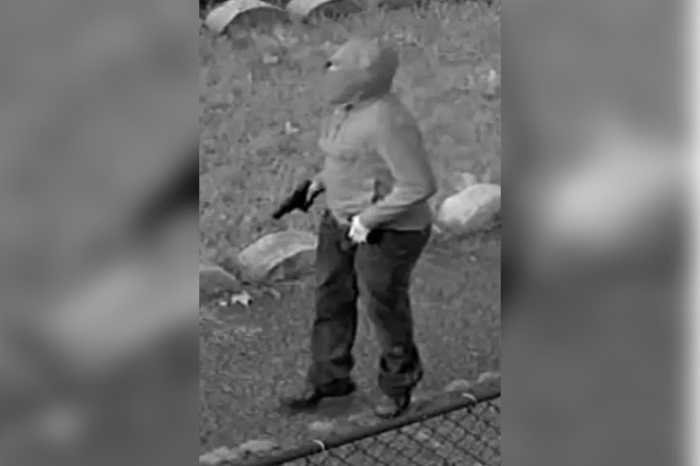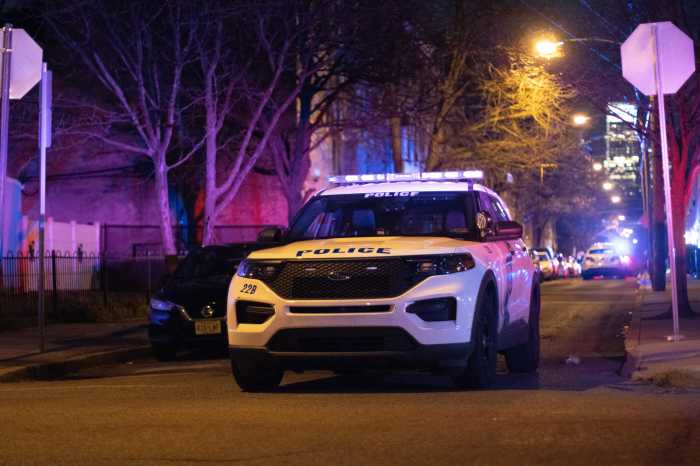The mastermind of a scheme in which mentally disabled people were imprisoned, kept in deplorable conditions and tortured for their benefits checks was sentenced Thursday to life in prison plus 80 years. Linda Weston, a diminutive woman with a squeaky voice accused of monstrous crimes, pleaded guilty in Septemberin acase that began in 2011 with the horrific discovery of some of her victimsin the squalid basement of an apartment building in the city’sTaconysection. The victims were chained to a boiler in a filthy storage space, used buckets for toilets, and old clothes for bedding. “I do believe in God,” Weston said at a hearing, “God knows what happened.”
RELATED:Guilty plea in Tacony dungeon case
The sentencing hearing marked the first time some of her victims have spoken publicly about the case.
“I don’t know if the word is evil. I don’t know what it is, but she really did a bad job on me,” said Darwin McLemire, a mentally-challenged man whose tattered ears bore witness to some of the horrors he experienced. “She stuck a dog on me. She put chains on me.” Prosecutors showed photos of the victims at the time they were freed, which brought sobs from the families of victims who had come to the hearing. They showed emaciated figures with horrific scars, and in some cases broken bones. One woman, who was held captive for nearly a decade and who was forced into prostitution, was had bb’s removed from under her skin.
Weston, she said had hurt her “real bad. She knocked my teeth out. She made me have sex with all those guys.”
Weston pleaded guilty in a deal that spared her the death penalty, a deal U.S. District Judge Cynthia Rufe said was cleared at the highest ranks at the U.S. Justice Department.
“This is an overwhelming situation if you know just a little bit of the facts,” Rufe said. “And we know more than anyone would care to know.”
RELATED:Taconydungeon suspect’s art available for sale online Overarching the hearing was the question of how Weston’s scheme was able to last for so long. In at least two cases, people she imprisoned died, but Weston, who has testified that she had just a grade-school education, was able to convince investigators that they died of natural causes. Prosecutors said that Weston stayed one step ahead of authorities by moving changing locations at the the first sign of trouble. The scheme spanned three states, and seven separate locations. She appeared with her captives at interviews with the Social Security Administration, in which she sometimes answered questions on their behalf before being designated their caretaker. Rufe hinted that she thinks that while the case is extreme, it may not be unique.
“This case presented to this court and the public a culture that may not be isolated, but certainly needs to be exposed,” she said.
Tacony dungeon mastermind gets life

Philadelphia Police



























